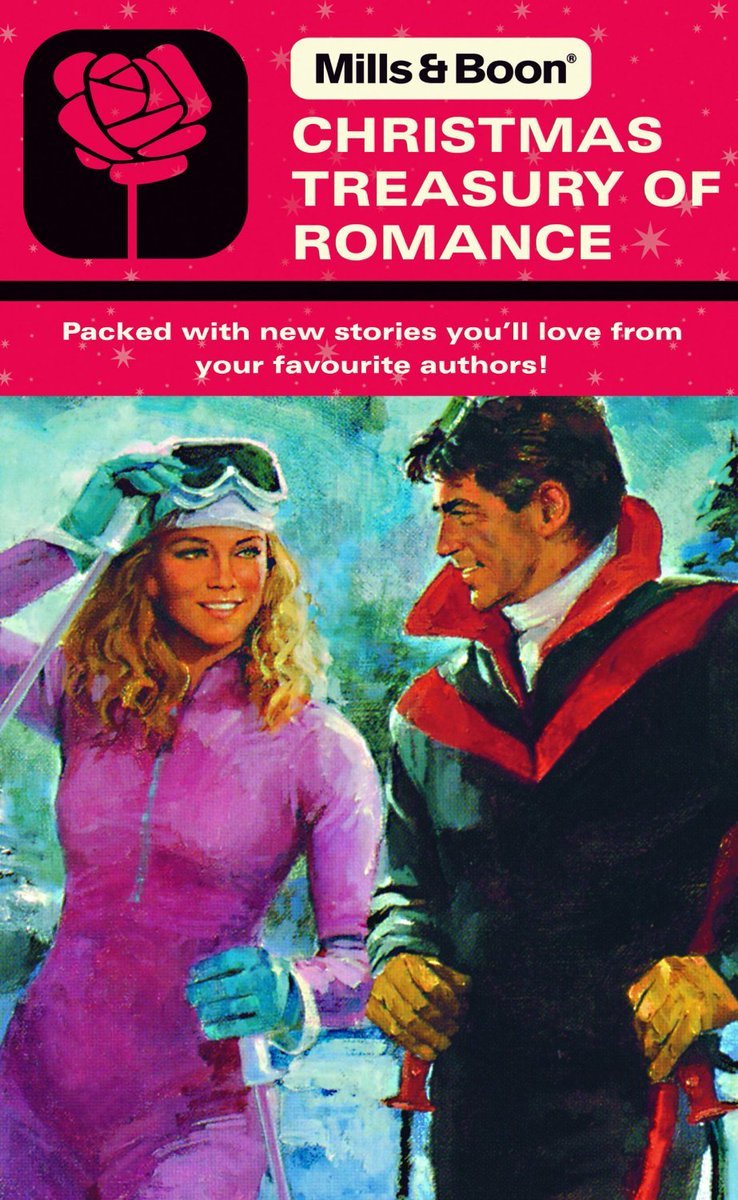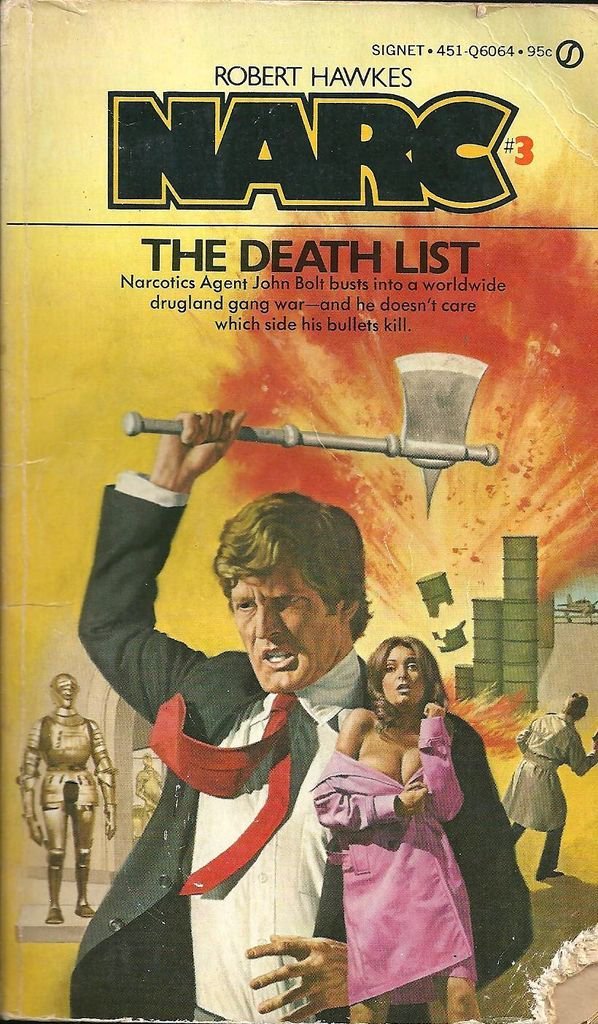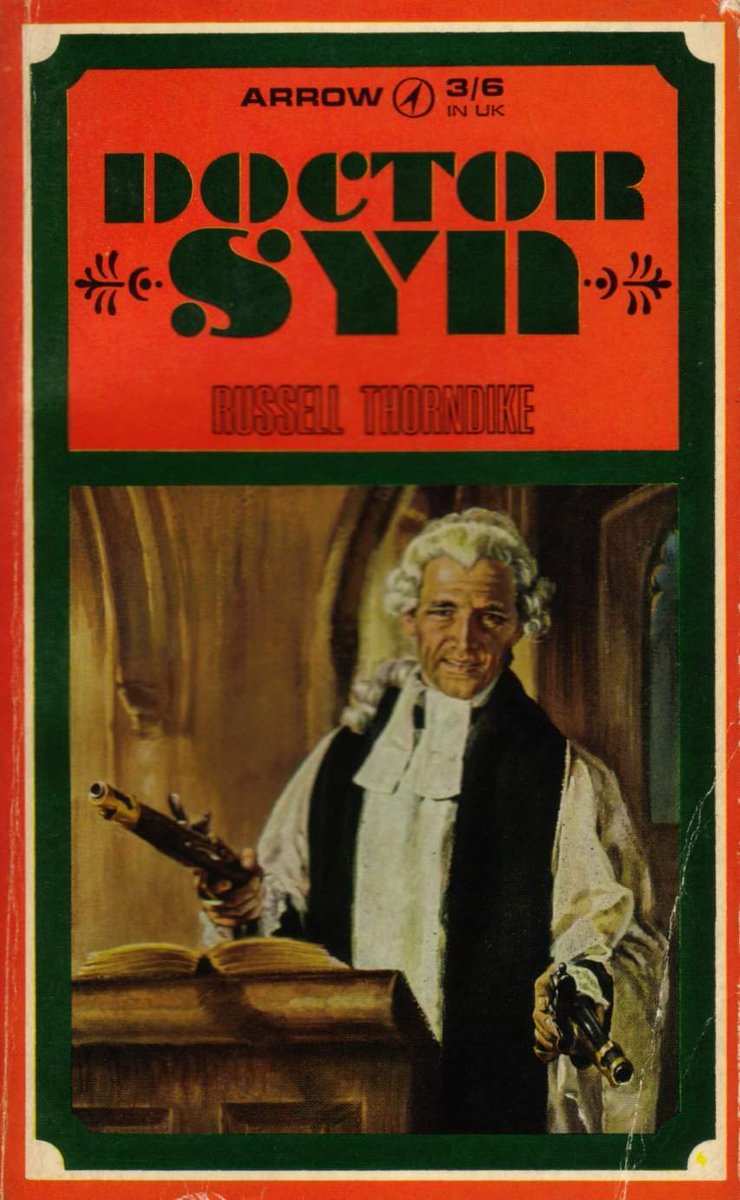“Space is big. Really big,” as Douglas Adams observed. So why haven’t we seen any alien life yet?
Odds are a big universe must have some – or are the odds wrong? This is the Fermi Paradox, and today in pulp I’m looking at some of the novels that have explored it.
Don’t panic…
Odds are a big universe must have some – or are the odds wrong? This is the Fermi Paradox, and today in pulp I’m looking at some of the novels that have explored it.
Don’t panic…

In 1950 Physicists Enrico Fermi and Michael Hart were chatting in the Los Alamos canteen when the topic turned to UFOs. Where were they? After a few calculations Fermi felt the probability of alien life was high enough; we just didn’t have any evidence ‘they’ were out there. 

Frank Drake built on this in 1961. The Drake equation looked at the probabilities for how many stars and planets over what period could host life that could become intelligent and travel in space. Life on Earth meant the probability must be more than zero, but how much more? 

Answers to the Drake equation vary, depending on the probabilities you assume. But arguments about the Fermi paradox have sparked a number of ideas about extraterrestrial life (or the lack of it) as well as a number of science fiction novels. 

One theory involves the Great Filter: stages in the evolution of life that are very hard to pass through. For example if abiogenesis (the transition of non-living matter into life) happens very rarely then ‘life’ would be a huge lottery that few planets ever win. 

There may be many Great Filters to intelligent life, so the odds of getting there are slim - evolution doesn’t care if we’re smart! Michael Crichton’s The Andromeda Strain (1969) is about our first encounter with aliens: they’re microbes, with no DNA, RNA or amino acids. 

The Great Filter could mean we’re the first or only intelligent life so far. In Ursula K LeGuin’s Hainish novels life on other planets all comes from one ‘human’ world, Hain. Earth is a lost colony of Hain, with which it eventually makes contact. 

More worryingly the Great Filter may be ahead of us: there’s something prevents most intelligent life from reaching the stars. For example in The War Of The Worlds (1898) it’s the alien immune system that stops the superior Martians from conquering Earth. 

Quatermass And The Pit by Nigel Kneale (1959) is about another Great Filter: the idea that advanced intelligent life normally destroys itself. Quatermass finds evidence that genocidal Martians have tampered with Human evolution as their own world plunged into all-out war. 

Assuming no Great Filter is insurmountable, we may be blind to alien life because it’s just too far away. In C. J. Cherryh’s novel Downbelow Station humans have only stumbled across it by chance, and are already at war over its resources. 

We may also be unable to understand alien life because it’s so alien. Solaris (1961) is a planet with an intelligent ocean whose attempts to communicate with humans drive them to madness. Communication is not possible without a common language - thanks Wittgenstein! 

Another Stanislaw Lem novel, Fiasco (1986) is about alien life that simply refuses to communicate with us, despite our threats to destroy it if it doesn’t. Only at the end does the protagonist realise the mounds of earth on the planet are actually the aliens. 

Some books suggest aliens avoid contact with some planets until they become more mature. The Small, Still Voice of Trumpets by Lloyd Biggle Jr (1968) is about aliens who try to guide uncivilised planets to develop mature democracy before contacting them. 

In Greg Eagle’s novel Quarantine (1992) aliens surround Earth in a force field to prevent it harming others, whilst Terry Bisson’s story They’re Made Out Of Meat (1990) suggests aliens are repulsed by how we look and deliberately avoid us. Looks like we're bad galactic news! 

Many novels suggest aliens are secretly watching us: in Robert A Heinlein’s Have Space Suit Will Travel (1958) Kip Russell ends up defending ‘primitive' Earth at an interplanetary trial, persuading them we are child-like creatures who should be given more time to grow. 

Of course Earth could be in a galactic backwater where ‘intelligent’ life is actually pretty dumb. A Fire Upon The Deep (1993) by Vernon Vinge describes Earth as being in a galactic ‘Slow Zone’, whilst other areas of the galaxy have different physical laws and more advanced life. 

Aliens could think much faster or slower than us, making communication difficult. In Dragon’s Egg by Robert L Forward (1980) we discover aliens on a neutron star, whose huge gravity means they are as small as seeds and evolve and communicate at lightning speed. 

Perhaps alien life finds the rest of the universe dull and prefers to live in cyberspace instead. Or we could be in a giant matrix, imagining we have free will but really being manipulated by AI. Or there are aliens in parallel pocket universes. The list goes on and on… 

Whatever the answer to Fermi’s paradox, lets try and avoid the Singularity: a self-aware AI that upgrades itself so frequently it becomes intelligent beyond our comprehension and leaves us all behind. In which case I’d better get off the internet.
More stories another time…
More stories another time…

• • •
Missing some Tweet in this thread? You can try to
force a refresh






















